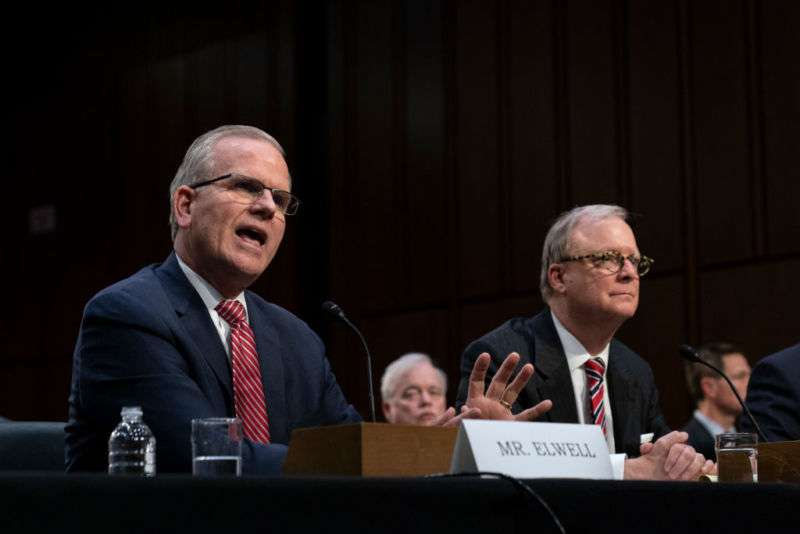
Whistleblowers: FAA 737 MAX safety inspectors lacked training, certification

Multiple whistleblowers have raised issues over the Federal Aviation Administration’s safety inspection process connected to Boeing’s 737 MAX aircraft, according to a letter to the FAA from Senate Commerce Committee chairman Sen. Roger Wicker on April 2. And the FAA’s leadership was informed of these concerns as far back as August of 2018.
The whistleblowers cited “insufficient training and improper certification” of FAA aviation safety inspectors, “including those involved in the Aircraft Evaluation Group (AEG) for the Boeing 737 MAX,” Wicker said in his letter to FAA acting administrator David Elwell.
According to the whistleblowers cited by Wicker, some of the inspectors that had not been properly trained or certified may have been participants in the Flight Standardization Board (FSB) for the 737 MAX—a body formed by the FAA’s AEG to determine pilot-training requirements to receive “type ratings” for the 737. The FSB’s report determined that 737 type-rated pilots required no additional training to fly the 737 MAX, and no additional documentation was added to the 737 MAX’s operations manual regarding the Maneuvering Characteristics Augmentation System (MCAS).
That lack of additional training and documentation played a role in the crash of a Lion Air 737 MAX off the coast of Indonesia in October of 2018. The pilots were searching through the operating manual for procedures to disable the aircraft’s automatic stabilizer trim control software in the moments before the crash, according to investigators’ review of the cockpit voice recorder data.
Wicker said in his letter that information from whistleblowers and documents the committee had received indicated that FAA leadership “may have been notified about these deficiencies as early as August 2018,” and that the FAA had recently completed an internal investigation into the allegations.
Consequently, Wicker requested Elwell provide by April 16 all information the FAA might have on the allegations—including when the agency was notified, which FAA officials were informed, “actions taken, and dates of such action.” Wicker also requested full disclosure on any investigation that the FAA initiated into the claims.




